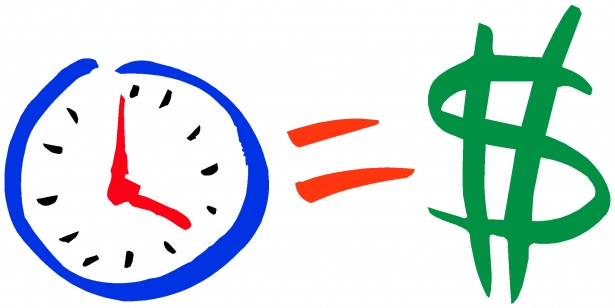
Time is Money - Or is it?
Time is perhaps our most precious resource. Once we “spend” time we can never get it back! Much consideration is given to not wasting time.
In business this is most often reflected in the adage:
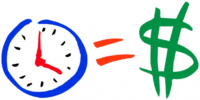
Time is money
The assumptions embedded in the idea that time = money are so profound that they impact how we think about sales. The most significant impact is when sales are viewed as transactions – discrete or one time events.
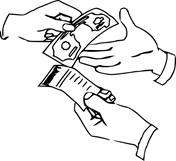
With this way of thinking, a “good” salesperson is someone who is good at discovering these discrete events and making the transactions occur. And it suggests these sales will be managed through a sales process that will track them through a series of defined stages, attach probabilities to closing the sale, attach an expected dollar value to the sale, and monitor or indicate due dates and actions steps to be taken. A selling/buying cycle is created where the client/customer and the product/service are both seen as quantifiable units to be measured in the process.
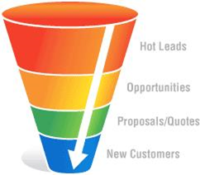
Within the cycle, if an action can’t be assigned with a date put on it then that action doesn’t exist – it is a waste of time. When the cycle is completed, the sale is accepted or rejected. The client or customer may come back; however, they become a new event within a new cycle. And this describes most modern-day CRM systems, sales metrics, and sales management processes – they are built around discrete, separate, trackable events. More events are better.
When sales as events are the measure of efficiency, time is not on our side. Time is “being wasted” if we are not adding clients/customers to the top of the funnel, creating new events or more sales. In this case time is our enemy as we want to spend a little time as possible on each event so as to maximize the total number of events or sales we can create. Taking too long on one event is a waste of time. Relationships are seen only as a means to and end to get to the desired outcome – the sale.

What if there was another way to think about sales. What if sales weren’t looked at as a discrete or single event. What if they were looked at as a pattern of events? What if a sale was about a relationship, or a condition, or connections instead of a transaction? If this were the case we wouldn’t talk about selling individual events or transactions but building relationships and connections. Individual transactions would then to be seen as the measure of success of the relationship. Instead of being seen as the ends of a relationship, transactions or sales would become the means. When sales relationships are the measure of efficiency, time is on our side. Time invested in relationships and building connections will maximize sales revenue in the long term.

For a lot of businesses, the transactional model of sales as one-time events works just fine. For any business where, generally, the customer comes to them, a short term, quantitative, transactional sales strategy is exactly what is needed.
However, for any business that needs to find customers or clients on an ongoing basis – businesses that provide professional and intangible services or high-ticket B2B sales – the reverse is true. Focusing on maximizing the number of sales events or transactions that can be created in the minimum amount of time is likely to lead to disastrous results. Instead, focusing on the longer term, qualitative sales strategy by building and improving meaningful relationships and connections will lead to repeat business, loyalty, and referrals. This will generate the long-term revenue that these types of businesses desire and need.
It just takes some time

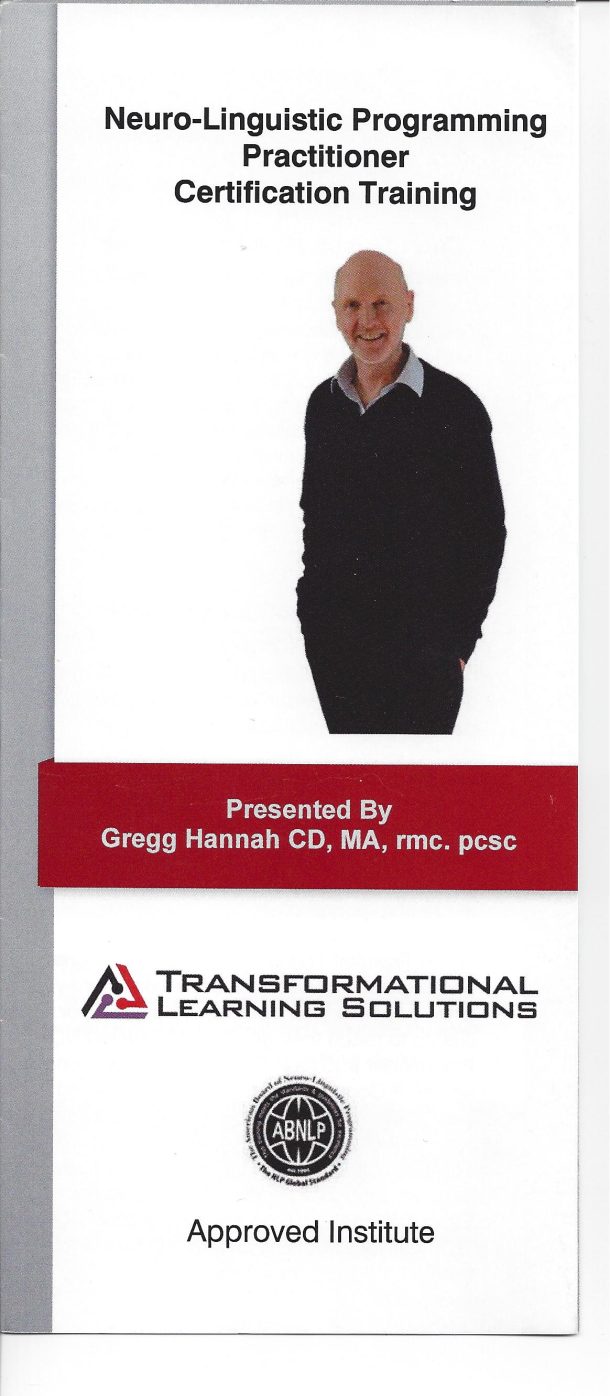
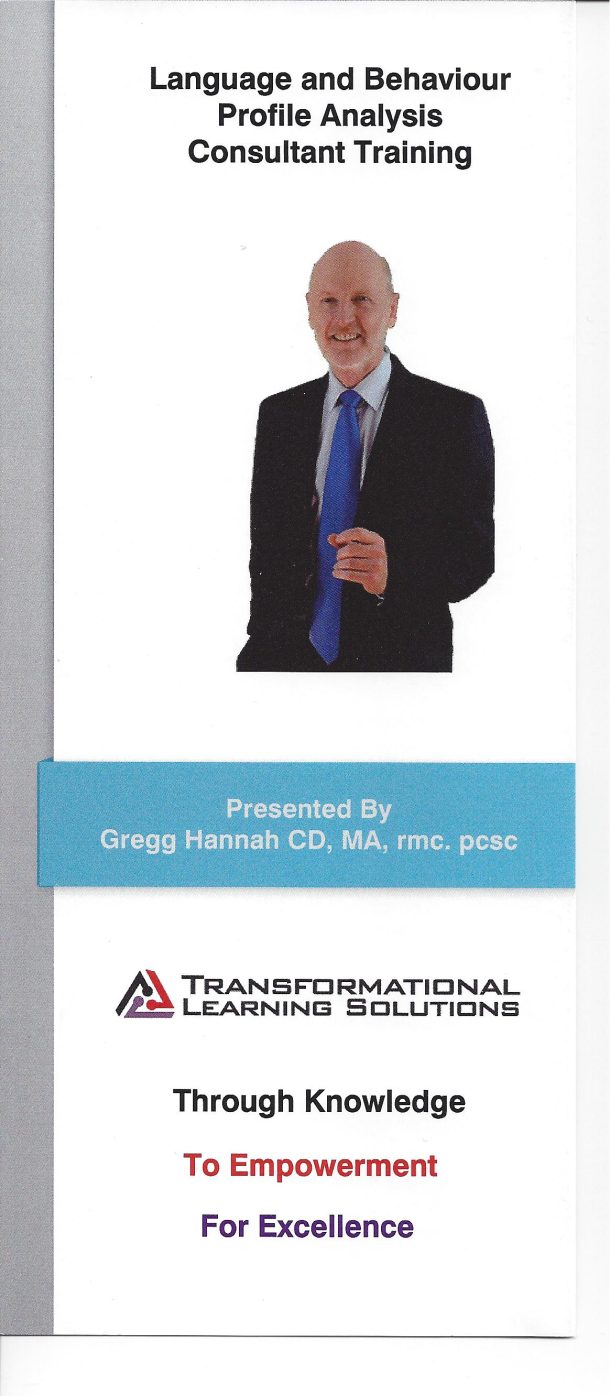
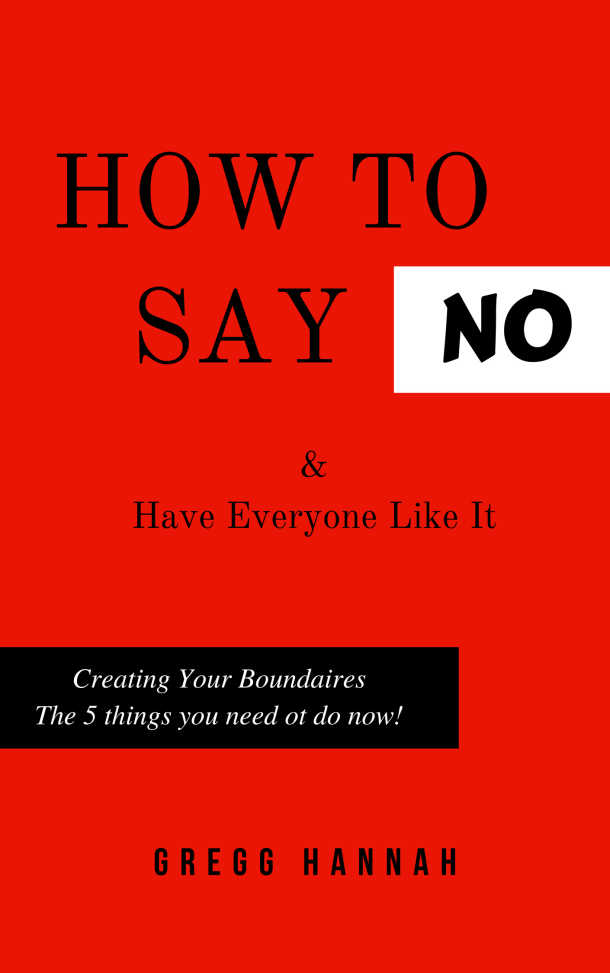
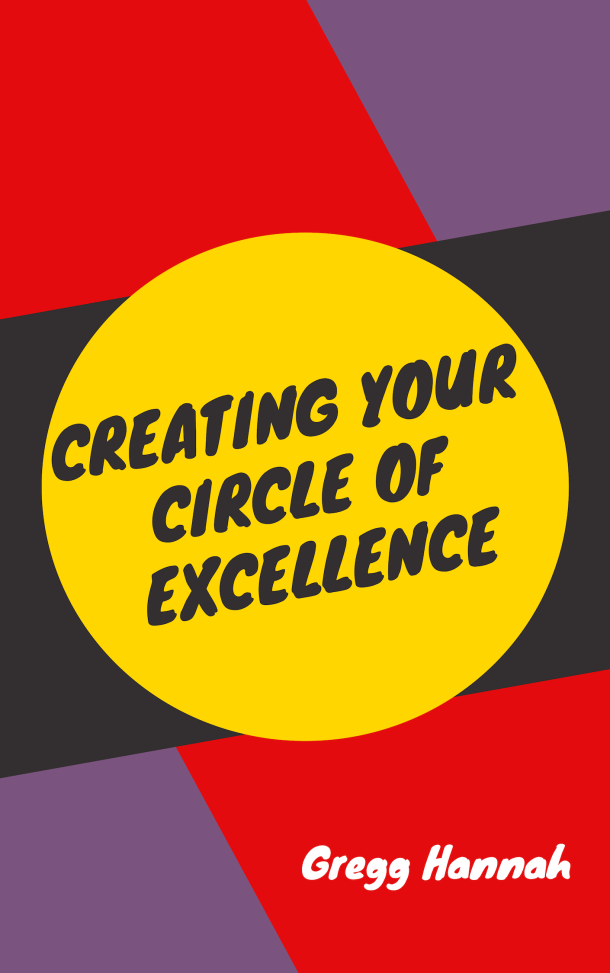
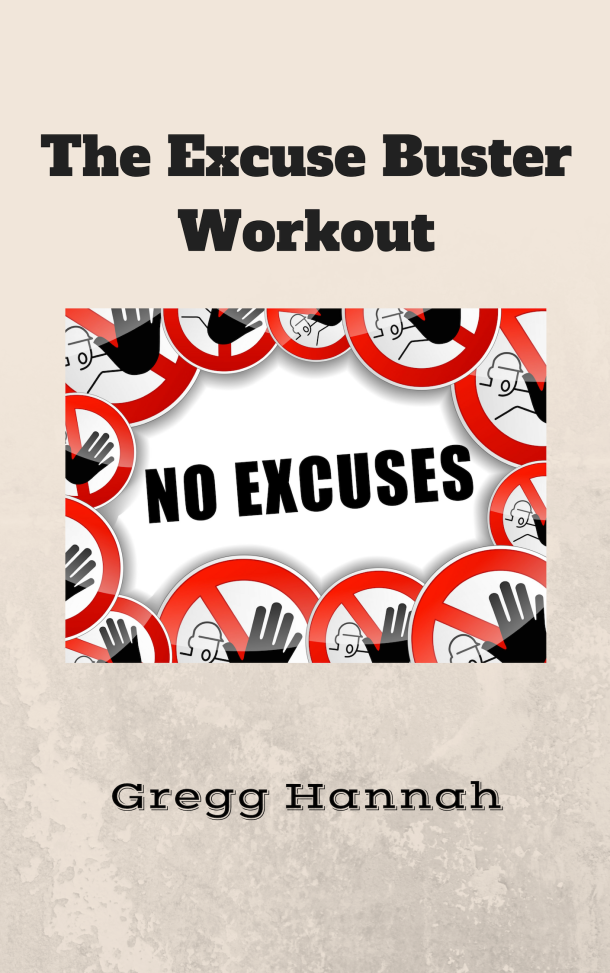
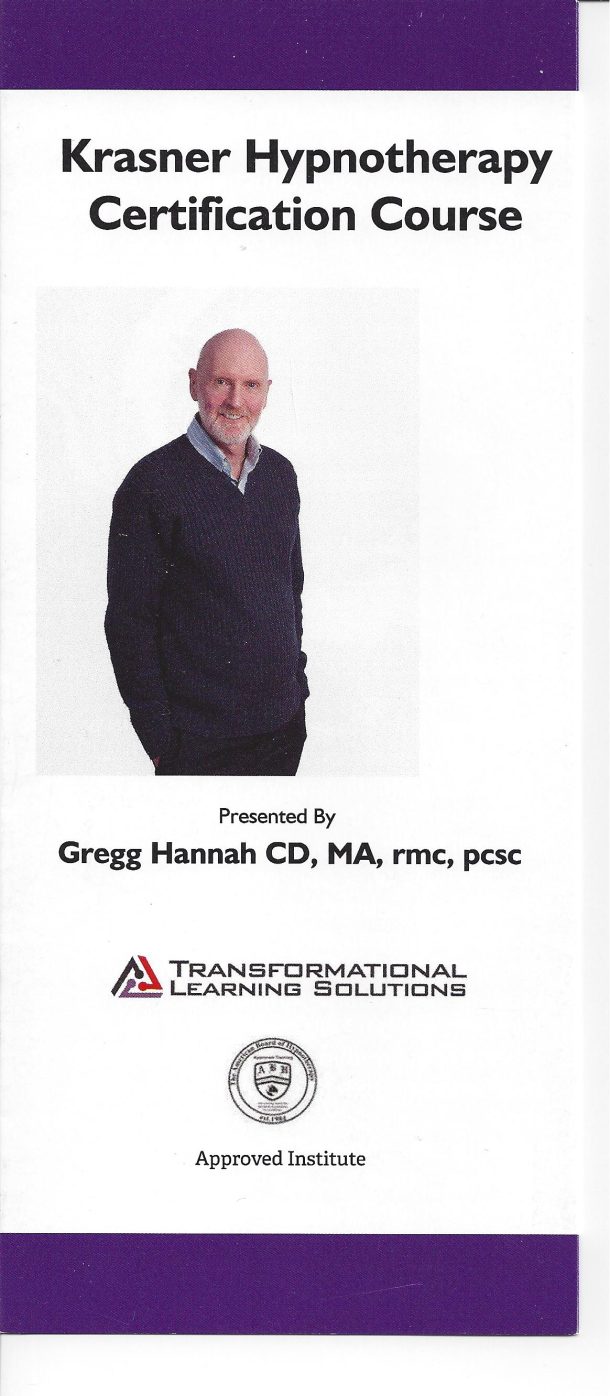


0 Comments